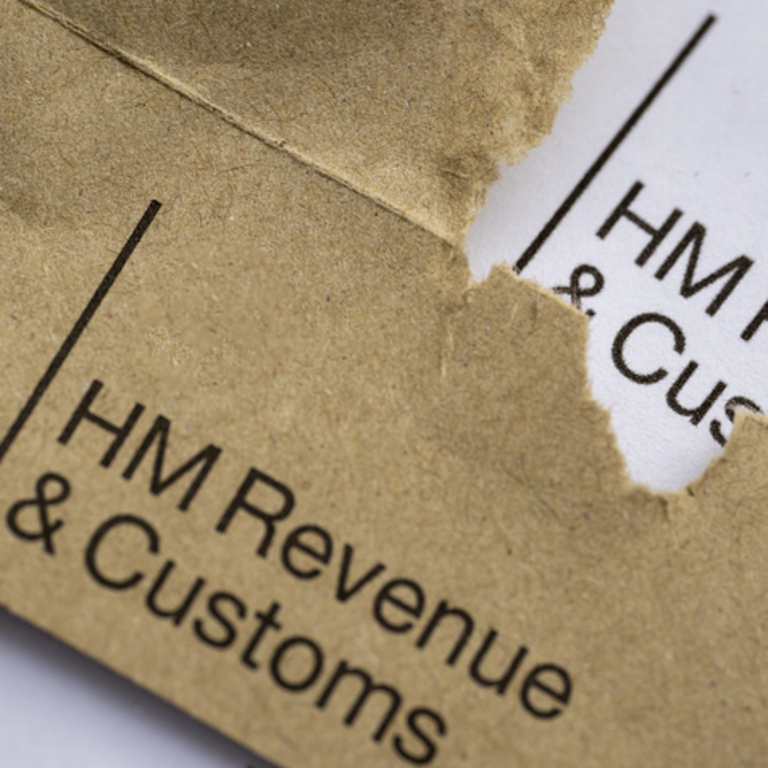
Tax Avoidance Schemes
For years, tax avoidance schemes have been marketed as “legal” ways to reduce your tax bill, often promoted by accountants and advisers who claim they are safe and HMRC-approved.
The reality, however, is very different. Many people who followed this advice now find themselves under HMRC investigation, facing large tax bills, penalties, and in some cases life-changing financial consequences.
In 2025, the UK government is stepping up its clampdown on tax avoidance, focusing on both individuals and the promoters behind aggressive tax schemes. HMRC is being granted stronger powers, including new Universal Stop Notices and Promoter Action Notices, aimed at shutting down avoidance schemes more quickly. The Disclosure of Tax Avoidance Schemes (DOTAS) rules are being tightened, and professionals who help design or promote such schemes will face tougher penalties. The government’s message is clear: exploiting loopholes will no longer be tolerated, no matter how complex the arrangement.
Alongside these legal measures, HMRC is expanding its use of data analytics and intelligence to detect unusual financial activity, particularly in offshore structures and delayed tax payments. There are also plans to reward whistleblowers with a share of recovered funds, further encouraging transparency and accountability. With increased staffing and enforcement resources, the 2025 clampdown represents one of the UK’s most determined pushes yet to close the gap between tax owed and tax paid.
How Wrong Advice on Avoidance Schemes Happens
Accountants and advisers often pushed clients into avoidance schemes because:
- They believed (or claimed) the schemes were compliant.
- They were motivated by commissions from scheme promoters.
- They failed to properly explain the risks to their clients.
- They ignored HMRC’s clear warnings about avoidance arrangements.
- They relied on technical loopholes without understanding how HMRC enforces the law.
Common schemes have included loan-based arrangements, offshore trusts, and artificial structures designed to disguise income. While often marketed as “legal tax planning,” HMRC has consistently challenged these schemes — leaving clients in the firing line.
What’s at Risk The consequences of entering a tax avoidance scheme, even with an accountant’s encouragement, can be severe:
- Large tax demands, often covering years of unpaid liabilities.
- Accelerated Payment Notices (APNs), requiring you to pay disputed amounts upfront.
- Substantial penalties and interest, adding to the financial burden.
- Reputational damage, if HMRC publicises the use of avoidance arrangements.
- Stress and uncertainty, as schemes can take years to resolve.
In many cases, clients only discover the risks long after they trusted their accountant’s advice.
How We Help At Tax Investigation Helpline, we understand how HMRC approaches avoidance schemes and the stress they cause. Our service includes:
- Case review: We examine the scheme you entered and how your accountant advised you.
- HMRC defence: We handle enquiries and negotiate on your behalf.
- Financial correction: We work to reduce penalties and secure fair settlements.
- Accountability: Where your accountant or adviser misled you, we help you hold them responsible.
- Future protection: We ensure you avoid risky arrangements going forward.
Our goal is to protect you from being left to pay the price for someone else’s negligence.
Common Issues We See The most frequent problems caused by bad advice on avoidance schemes include:
- Clients told a scheme was “HMRC approved,” only to later face investigation.
- Accountants failing to warn about APNs and follower notices.
- Loan-based arrangements (such as disguised remuneration) leaving individuals with unmanageable tax bills. >Poor advice on offshore structures triggering money laundering or disclosure obligations.
- Lack of ongoing support when HMRC began to challenge the schemes.
These mistakes can devastate families and businesses — but with the right help, they can be challenged.
Don’t Let Bad Advice on Schemes Ruin Your Future If you’ve been caught up in a tax avoidance scheme, you may feel betrayed by the accountant you trusted. But you don’t have to face HMRC alone.
At Tax Investigation Helpline, we’ve helped many individuals and businesses recover from the fallout of avoidance schemes. We know how HMRC operates, how to challenge penalties, and how to hold negligent advisers accountable.
Contact Us Today
If you are under HMRC investigation for a tax avoidance scheme, or if you believe your accountant misadvised you, call Tax Investigation Helpline today. We’ll review your case, defend your position, and help you move forward with confidence.












